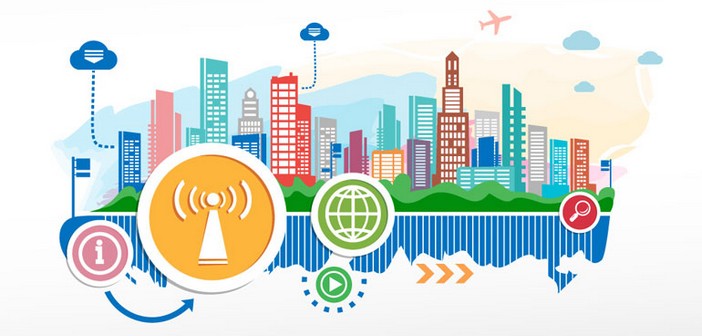Urbanization is now a powerful and irreversible phenomenon. To meet the needs of city dwellers while respecting the planet, our cities will need to become increasingly smart, inclusive, and connected.
Currently, half of the world’s population (3.6 billion people) lives in cities, and this number is expected to rise to 70% (6.3 billion) by 2050. It goes without saying that the future of humanity depends on that of its cities, and the challenges are significant. According to the UN, population redistribution “is at the root of a multitude of serious problems, such as water supply, lack of hygiene, lack of housing, urban poverty, insufficient urban governance, HIV and AIDS.”
But while some are tempted by nostalgia and dream of improbable lost paradises, others prefer to focus on innovative solutions to tackle urbanization.
This is why we increasingly hear about smart cities, digital cities, green cities, connected cities, ecocities, or sustainable cities.
These expressions refer to the efforts of cities to make the most of urban information and flows to become more seamless, safer, more economical, more citizen-centered, more user-friendly, and more eco-friendly.
To become “smart,” our cities will have to rely on new information and communication technologies (ICT) to develop effective services in areas such as transport, waste, energy, public facilities, and housing and real estate.
And it’s working more and more effectively. Major ICT companies (Google, IBM, Cisco) as well as traditional city and network operators (Bouygues, ERDF, Veolia) have shown interest for several years in leveraging “big data,” and the smart city market is booming.
According to a study by the consulting firm EY, it currently represents between 6 and 8 billion dollars and could reach 20 to 40 billion by 2020.
But to be effective, the concept of smart cities must go beyond the integration of digital technologies and address social and environmental aspects such as education, biodiversity, security, and citizenship.
It is indeed under this condition that the International Monetary Fund and the World Bank are interested in it. Accordingly, both agencies have decided to provide economic support to the new strategy that has made the development of smart cities a key axis of economic policy.


